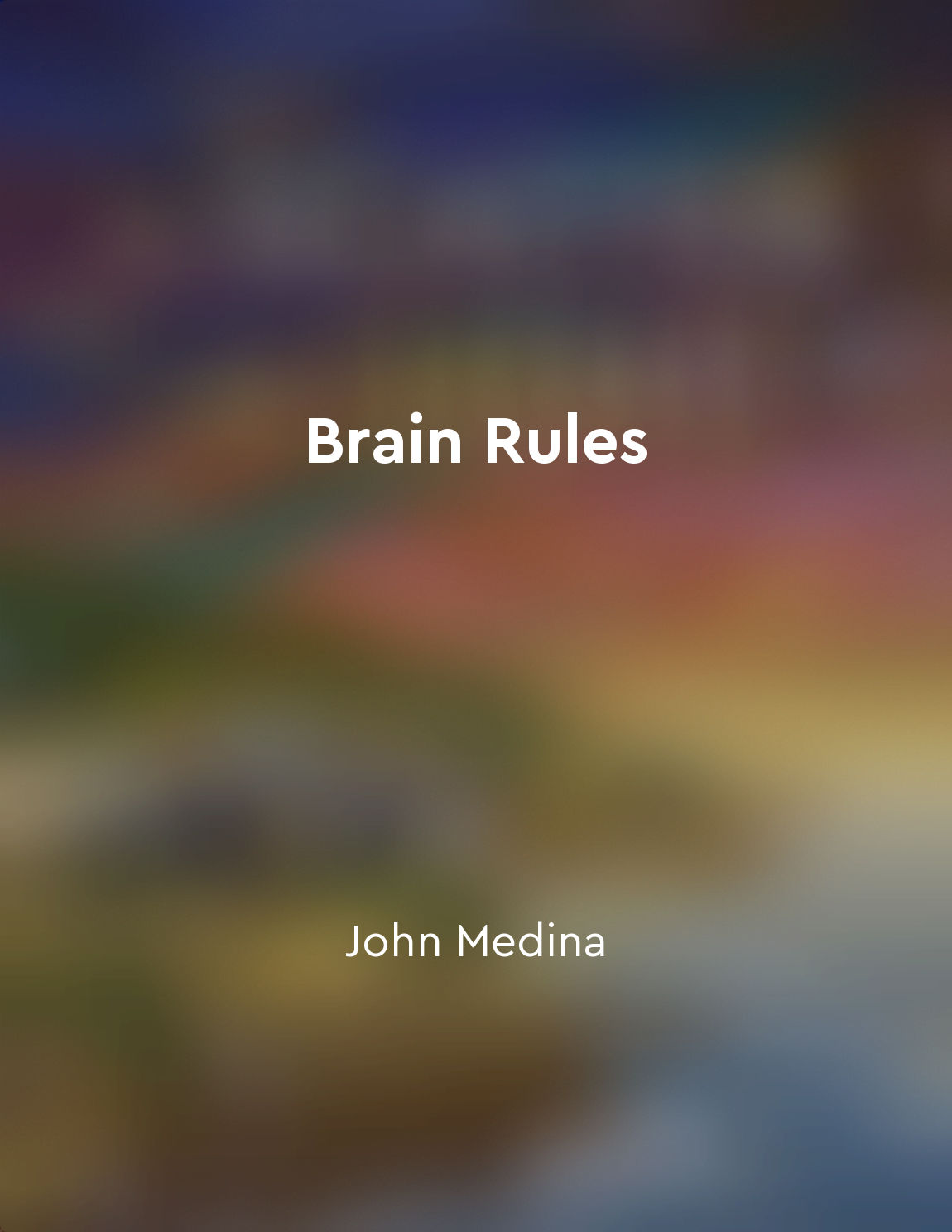Intelligence can be measured by IQ tests from "summary" of IQ and Human Intelligence by Nicholas Mackintosh
Intelligence, as defined by psychologists, is a complex and multifaceted construct that encompasses a wide range of cognitive abilities, including reasoning, problem-solving, memory, and linguistic skills. One common way to measure intelligence is through the use of IQ tests, which are designed to assess an individual's cognitive abilities in a standardized and systematic manner. IQ tests typically consist of a series of tasks or questions that are designed to measure various aspects of cognitive functioning, such as verbal and mathematical reasoning, spatial awareness, and memory. These tasks are carefully constructed to provide a reliable and valid measure of an individual's overall cognitive ability, or intelligence quotient (IQ). The concept of measuring intelligence through IQ tests has been the subject of much debate and controversy in the field of psychology. Critics argue that IQ tests are limited in their ability to capture the full range of human intelligence, and that they may be biased towards certain cultural or socioeconomic groups. However, proponents of IQ testing argue that these tests provide a useful and reliable measure of an individual's cognitive abilities, and that they have been shown to predict important life outcomes, such as academic achievement, job performance, and even health and longevity. While IQ tests may not capture every aspect of human intelligence, they do provide a valuable tool for assessing cognitive abilities in a standardized and systematic manner. By measuring an individual's performance on a range of cognitive tasks, IQ tests can provide important insights into a person's strengths and weaknesses, and help to identify areas where additional support or intervention may be needed.- While IQ tests are not a perfect measure of intelligence, they do provide a valuable tool for assessing cognitive abilities in a standardized and systematic manner. By measuring an individual's performance on a range of cognitive tasks, IQ tests can provide important insights into a person's cognitive abilities and help to identify areas where additional support or intervention may be needed.
Similar Posts
Creativity should be nurtured in schools
Schools play a crucial role in shaping the future of our society. They are meant to be the places where young minds are nurture...
Mind is not a separate entity from the body
According to Gilbert Ryle, the common belief that the mind is a separate entity from the body is a fundamental misconception. M...
Assessment methods should align with realworld problem-solving and critical thinking skills
Assessment methods must be closely connected to the skills that are most valued in the real world: problem-solving and critical...

You cannot multitask
Our brains are not capable of performing multiple tasks simultaneously. This is a common misconception that many of us have, bu...
Environmental influences shape intelligence
The idea that intelligence is influenced by environmental factors is not a new one. In fact, it has been a topic of debate amon...
Intelligence can be developed through learning
The idea that intelligence can be developed through learning is a central theme in understanding human cognitive abilities. Thi...
IQ scores are influenced by genetics
The idea that IQ scores are influenced by genetics is not a new concept. Research over the years has consistently shown that in...
IQ scores are influenced by both nature and nurture
The idea that intelligence is a product of both genetic inheritance and environmental influences is a central theme in the stud...
Intelligence is the ability to discern the subtle movements of the mind
Intelligence is not merely the accumulation of knowledge or the capacity to acquire information. It is something much deeper an...

